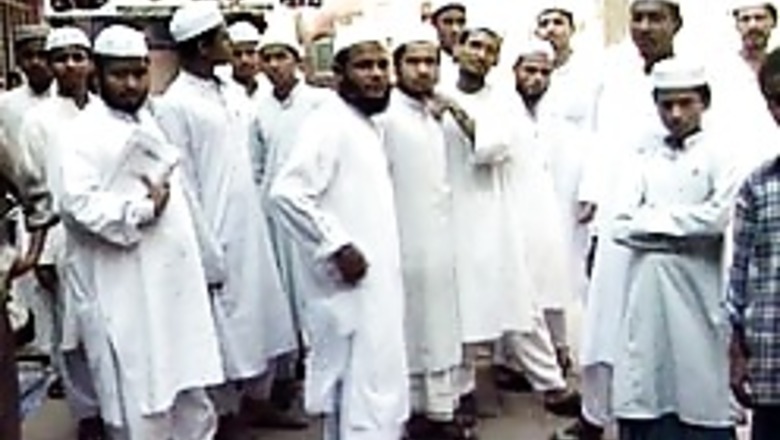
views
New Delhi: The Delhi High Court on Monday told the Centre the Justice Rajinder Sachar Committee’s report recommends schemes for Muslims and leaves out other minority communities.
"You are trying to please one community—poverty is the common enemy. You should fight against poverty rather than saying that you would fight against poverty for one community only. This is where the rot lies," said a two-member bench.
"You are saying that more money to be spent for one minority community. Should it not cut across the caste and religion? Does the Sachar committee say that facilities are available to other communities?" said the bench. "Such issues should not be decided on the basis of emotions".
The court was hearing a public interest litigation (PIL) filed by an NGO called the Rashtriya Mukti Morcha, which alleges the Sachar report and Government's action on it is unconstitutional.
The Centre denied that it was favouring a single community. "If out of five children one is neglected then can it not be provided special treatment?" said Additional Solicitor General P P Malhotra contended.
The court was not satisfied by the Centre’s explanation and said: "does it mean that drinking water facilities are available to the majority community and no person from it live in slums".
"Under the Constitution, can a welfare state say that that it would focus on a particular area because the minority community reside there? Can it say that it would spend more money in that area?" the bench said.
The Centre alleged the PIL was frivolous and the court should reject it. "This is a political issue which cannot be decided in the court. It is to be decided by the people in election. The High Court had earlier imposed a cost of Rs 50,000 for filing frivolous petitions," said Malhotra.
Not just Muslims, other minority communities too would benefit from the committee’s recommendations, said Malhotra.
The NGO rejected the Government's claim and said there was nothing called minority community in the Constitution. "The Constitution of India does not recognise any minority or subordinate segment of Indian society as identifiably separate or a sociological group. They (Muslims) cannot be labelled as a minority in the sense of a subordinate group," said senior advocate P N Lekhi, who argued for the Rashtriya Mukti Morcha.
The court didn’t issue a notice to the Centre on Malhotra’s objection but said the matter needed debate. "It is a serious matter. The area is grey and needs a proper debate. You don't want us to examine the issue," the court said while adjourning the case till August 21.
The PIL was heard a two-judge bench comprising Justice T S Thakur and Justice Siddharth Mridul.

















Comments
0 comment